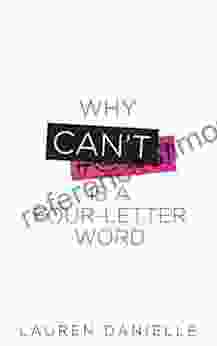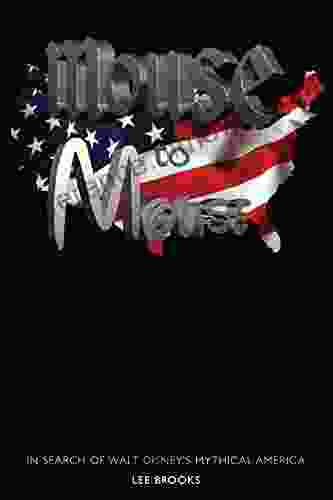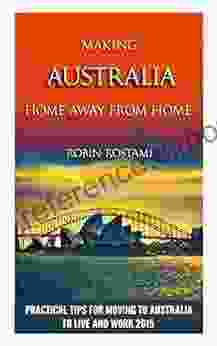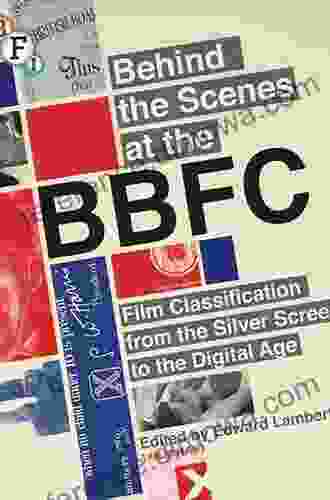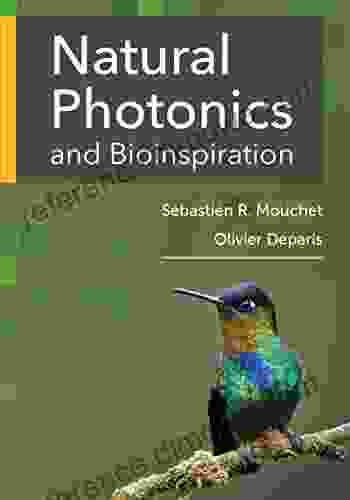Why Can Is a Four-Letter Word: The Hidden Truth Revealed

We often take for granted the words we use every day, but have you ever stopped to consider the profound implications behind them? In "Why Can Is a Four-Letter Word," we embark on a fascinating exploration of one of the most versatile and powerful words in the English language: can.
With its seemingly simple four letters, "can" carries a wealth of meanings that have shaped human history and continue to influence our lives today. Join us as we delve into the etymology of "can," uncovering its surprising origins and tracing its evolution over time.
5 out of 5
| Language | : | English |
| File size | : | 320 KB |
| Text-to-Speech | : | Enabled |
| Screen Reader | : | Supported |
| Enhanced typesetting | : | Enabled |
| Word Wise | : | Enabled |
| Print length | : | 28 pages |
| Lending | : | Enabled |
The Etymology of "Can"
The word "can" traces its roots back to the Proto-Indo-European root "ken," meaning "to be able." This root is also the origin of words like "know," "kennen" in German, and "cannach" in Irish, all of which convey the idea of capability or understanding.
In Old English, "can" emerged as "cunnan," which meant "to know how." Over time, the meaning of "can" gradually shifted from knowledge to ability, with its current usage encompassing both physical and mental capabilities.
The Many Meanings of "Can"
The beauty of "can" lies in its versatility, allowing it to convey a wide range of meanings. It can express:
- Ability:"I can run a mile in under 6 minutes."
- Permission:"Can I borrow your car?"
- Possibility:"It can rain tomorrow."
- Request:"Can you please pass the salt?"
- Suggestion:"You can try taking a break."
Depending on the context, "can" can empower, limit, or simply convey a neutral possibility. Its ability to shape our thoughts and actions makes it a word worthy of our attention.
The Power of "Can"
Beyond its linguistic significance, "can" holds immense psychological power. It can:
- Boost confidence: Saying "I can" to ourselves reinforces our belief in our abilities.
- Encourage action: "Can" inspires us to take steps towards our goals, knowing that we are capable.
- Challenge limitations: By questioning "can'ts," we push ourselves to explore our potential and overcome perceived barriers.
The choice between using "can" or "can't" can have a profound impact on our mindset and ultimately our success.
Embracing the Power of "Can"
In the tapestry of human experience, "can" is a thread that connects us to our aspirations, our potential, and our ability to shape the world around us. By embracing the power of "can," we unlock a world of possibilities.
Here are a few tips for harnessing the power of "can":
- Challenge your limiting beliefs: Question the "can'ts" that hold you back and replace them with "cans."
- Focus on your strengths: Identify your capabilities and use them as building blocks for growth.
- Set achievable goals: Breaking down your goals into smaller, manageable steps can make them seem more attainable.
- Surround yourself with positive people: Seek out individuals who believe in your abilities and encourage you to push your limits.
"Why Can Is a Four-Letter Word" is an invitation to explore the depths of this seemingly simple word and discover its profound implications. By understanding its etymology, meanings, and power, we gain a new appreciation for the language we speak and the choices we make.
In the words of the author, "Can is a word that can change your life. It can empower you, inspire you, and challenge you to reach your full potential. Embrace the power of can, and see what amazing things you can achieve."
Free Download Your Copy Today!
Dive deeper into the fascinating world of "can" and unlock its transformative power in your own life. Free Download your copy of "Why Can Is a Four-Letter Word" now and embark on a journey of self-discovery and empowerment.
Free Download Now
5 out of 5
| Language | : | English |
| File size | : | 320 KB |
| Text-to-Speech | : | Enabled |
| Screen Reader | : | Supported |
| Enhanced typesetting | : | Enabled |
| Word Wise | : | Enabled |
| Print length | : | 28 pages |
| Lending | : | Enabled |
Do you want to contribute by writing guest posts on this blog?
Please contact us and send us a resume of previous articles that you have written.
 Book
Book Novel
Novel Page
Page Chapter
Chapter Text
Text Story
Story Genre
Genre Reader
Reader Library
Library Paperback
Paperback E-book
E-book Magazine
Magazine Newspaper
Newspaper Paragraph
Paragraph Sentence
Sentence Bookmark
Bookmark Shelf
Shelf Glossary
Glossary Bibliography
Bibliography Foreword
Foreword Preface
Preface Synopsis
Synopsis Annotation
Annotation Footnote
Footnote Manuscript
Manuscript Scroll
Scroll Codex
Codex Tome
Tome Bestseller
Bestseller Classics
Classics Library card
Library card Narrative
Narrative Biography
Biography Autobiography
Autobiography Memoir
Memoir Reference
Reference Encyclopedia
Encyclopedia Lucy Swinburne
Lucy Swinburne Emily Barr
Emily Barr Abhijit Gosavi
Abhijit Gosavi Kathleen Reid
Kathleen Reid Adam Scott Kennedy
Adam Scott Kennedy R Lee Clarke
R Lee Clarke Doug Fields
Doug Fields Richard Fitzpatrick
Richard Fitzpatrick K N Lee
K N Lee A R Kahler
A R Kahler Ronghua Li
Ronghua Li Susan Goldman Rubin
Susan Goldman Rubin Steve Braunias
Steve Braunias Mat Hoffman
Mat Hoffman Lauren Oliver
Lauren Oliver Alyson Noel
Alyson Noel Qi Zhao
Qi Zhao Bruce Feiler
Bruce Feiler William Bernhardt
William Bernhardt A Oforiwa
A Oforiwa
Light bulbAdvertise smarter! Our strategic ad space ensures maximum exposure. Reserve your spot today!
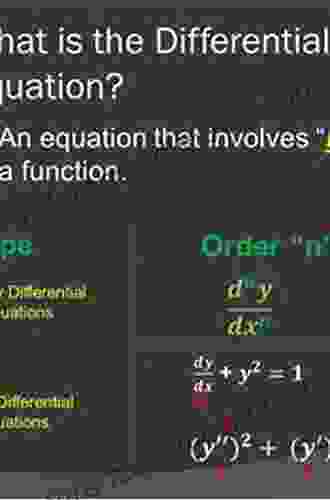
 Preston SimmonsEmpower Your Decision-Making: Unraveling the Complexities with Stochastic...
Preston SimmonsEmpower Your Decision-Making: Unraveling the Complexities with Stochastic... Devin RossFollow ·13k
Devin RossFollow ·13k Cade SimmonsFollow ·7.5k
Cade SimmonsFollow ·7.5k Bobby HowardFollow ·11.8k
Bobby HowardFollow ·11.8k Diego BlairFollow ·13.1k
Diego BlairFollow ·13.1k Josh CarterFollow ·7.4k
Josh CarterFollow ·7.4k Neil GaimanFollow ·10.9k
Neil GaimanFollow ·10.9k Ernest ClineFollow ·15.8k
Ernest ClineFollow ·15.8k Beau CarterFollow ·5.3k
Beau CarterFollow ·5.3k
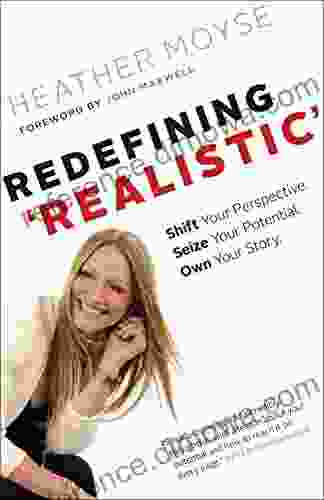
 Julio Cortázar
Julio CortázarShift Your Perspective, Seize Your Potential, Own Your...
A Transformative Guide to...
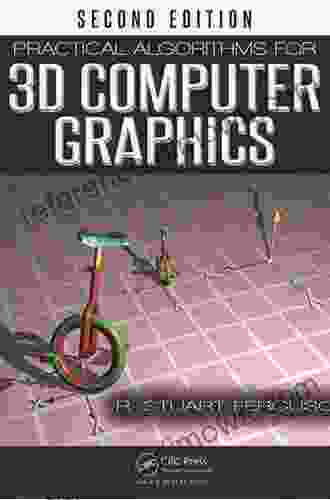
 Isaias Blair
Isaias BlairPractical Algorithms For 3d Computer Graphics: Unlocking...
In the realm of digital artistry, 3D computer...

 Joseph Heller
Joseph HellerClear Vision Through Cloudy Eyes: A Guide to Overcoming...
Have you ever felt...
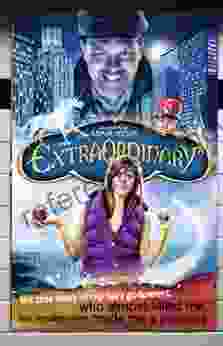
 Leo Tolstoy
Leo TolstoyThe True Story of My Fairygodparent Who Almost Killed Me...
Book Description In this captivating...
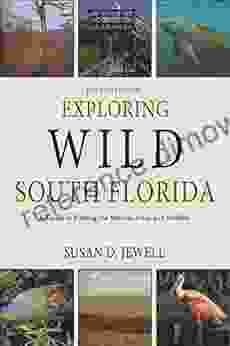
 Earl Williams
Earl WilliamsCanada 10 Must Visit Locations: A Captivating Journey...
Prologue: A...
5 out of 5
| Language | : | English |
| File size | : | 320 KB |
| Text-to-Speech | : | Enabled |
| Screen Reader | : | Supported |
| Enhanced typesetting | : | Enabled |
| Word Wise | : | Enabled |
| Print length | : | 28 pages |
| Lending | : | Enabled |


